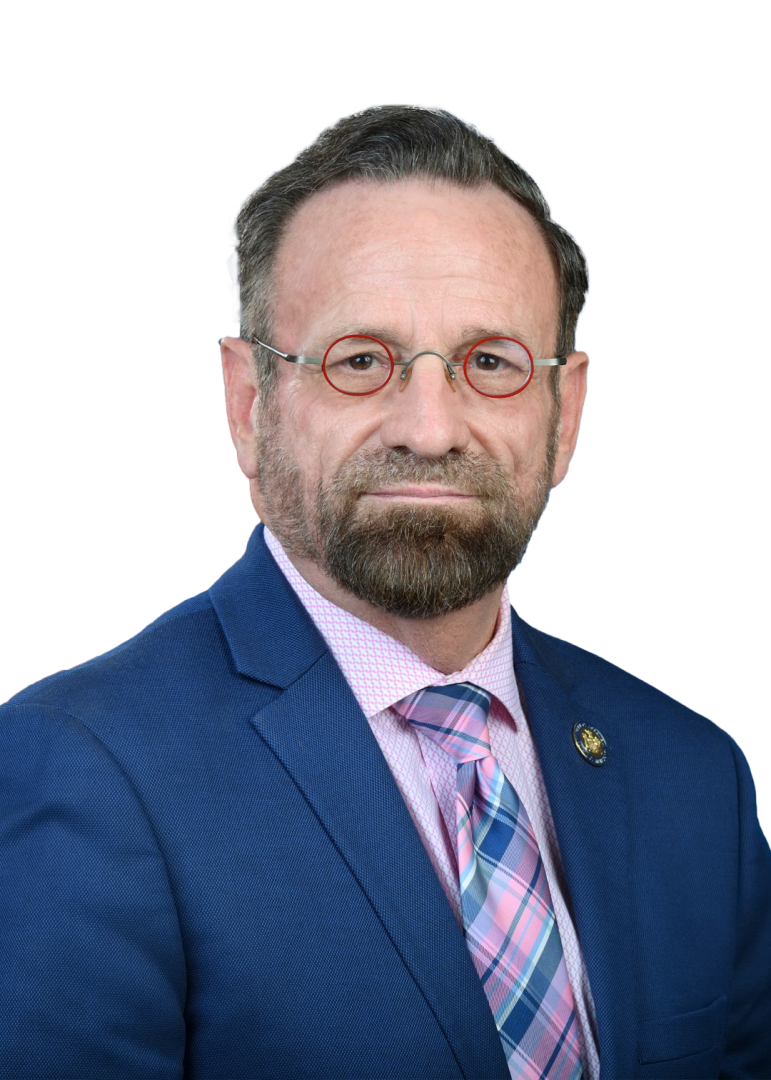Assemblymember Bronson: Budget Makes Record Investments in Education and Programs to Protect New York Families
Assemblymember Harry B. Bronson (D-Rochester/Chili/Henrietta) announced he helped pass the 2017-18 state budget, which provides key funding for education and supportive services for hardworking families.
“This budget gets to the heart of what we value, with significant investments in education from prekindergarten to college, libraries, affordable housing and water infrastructure we continue our progress toward greater opportunity and mobility for New York families,” said Bronson.
Investing in education
The 2017-18 budget invests $25.8 billion in public schools, an increase of $1 billion, and increases Foundation Aid by $700 million to ensure schools have the resources they need to provide children with a comprehensive education. The budget also invests $150 million in funding that allows struggling and persistently struggling schools to be converted into community schools. These schools deliver valuable services to both students and families, including offering critical support to at-risk children, strengthening neighborhoods and preventing the schools from being taken over by the state. In addition, it provides $817 million in total funding for prekindergarten programs and $35 million for after-school programs.
“The funding for expanded prekindergarten will directly support local school districts like Rush-Henrietta that are just starting to offer full-day programs,” said Bronson. “It’s a step forward in helping to ensure equity from the very first day our kids enter school.”
The budget also restores aid to public libraries by $9 million, for a total of $95.6 million and provides an increase of $10 million in capital funding for a total of $24 million.
Investing in affordable housing
In order to ensure everyone has a safe place to call home, the budget allocates $2.5 billion in housing and homelessness initiatives including $1 billion in supportive housing, $125 million for senior housing, $150 million for the Middle-Income Housing Program and $125 million for public housing authorities outside New York City.
“We remain as committed as ever to ensuring all New Yorkers, especially our most vulnerable populations and seniors who are on a fixed income, have a safe, affordable place to live,” said Bronson.
Assemblymember Bronson fought for the Home Stability Support program designed to provide subsides for low-income households facing eviction or homelessness, keeping them in stable housing and out of costly homeless shelters. The measure was not included in the budget but Bronson noted that he will continue fighting for the program which adequately invests in affordable housing to save taxpayers millions of dollars in the future.
Investing in clean water
In the wake of recent water crises the state budget included $2.5 billion in funding for water infrastructure, a $500 million increase over the executive’s proposal, including $1 billion for the Water Infrastructure Improvement Act to help municipalities upgrade their drinking and wastewater infrastructure.
“From Hoosick Falls to Newburgh, it is no secret our drinking water infrastructure and treatment facilities are deteriorating across the state,” Bronson said. “When it comes to water, skimping on investments can lead to devastating long-term effects. The Assembly passed measures to test residential wells and drinking water in schools, this funding is an additional safeguard to make clean water projects more affordable for local governments and taxpayers.”
The budget also provides $300 million for the Environmental Protection Fund, to help low-income communities impacted by pollution and $110 million for land acquisition projects to keep water from becoming polluted in the first place.
Investing in direct care
Direct care workers have selflessly cared for the most vulnerable in our society. However, with low wages those workers have struggled to make ends meet and unfortunately have been forced to leave the field. The 2017-18 budget addressed this problem by providing funding for a direct care worker wage increase. The final state budget dedicated $14 million in 2017-18 and $146 million in 2018-19 to fund a two-year, living wage initiative. Direct care workers and direct support staff will receive a 3.25 percent raise on Jan. 1, 2018. Additionally, direct care workers, direct support staff and clinical staff will receive a 3.25 percent increase on April 1, 2018.
Investing in the fight against heroin
The 2017-18 state budget increases funding to fight the heroin epidemic by $43 million for a total of $213 million. This funding will provide support for treatment and prevention programs, including family support navigators, peer supports, recovery clubhouses and community coalitions, and $10 million to increase the number of beds in in-patient treatment facilities.
"Our communities are reeling from the impact of heroin and opioid abuse and there is a desperate need for the resources and services,” Bronson stated. “This funding focuses on providing treatment, preventative services and a path to recovery for those devastated by addiction.”
